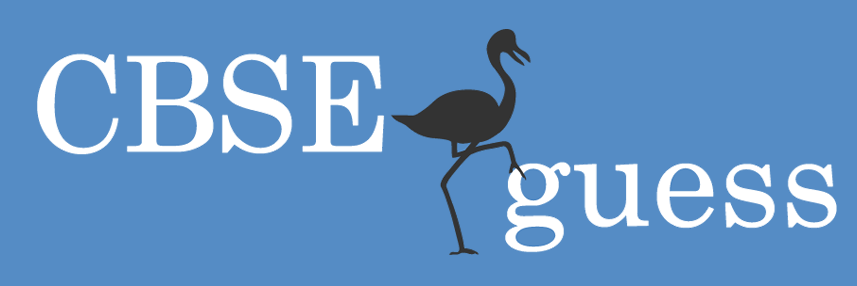Three Easy Ways to Increase Reading Comprehension
The primary purpose of reading is comprehension, or understanding. Unless you comprehend what you read you might as well be reading a different language.
Unfortunately, for many students school reading may actually seem like a different language. That’s okay – by using various teaching strategies teachers can greatly increase their student’s reading comprehension.
Today, more and more teachers realize that reading is not the sole responsibility of the language arts teacher. However, many teachers struggle to come up with ways to actually increase reading comprehension in the classroom.
The key to increasing reading comprehension is to tap into students’ prior knowledge about a topic before actually reading about the topic. There are many ways teachers can go about tapping into students prior knowledge such as Venn diagrams, KWL Charts, and prediction strategies.
-
Venn diagrams – while Venn diagrams are usually used after reading as a way to compare and contrast something the students just read about, Venn diagrams can also be a great tool to use before reading as a way to increase reading comprehension. For example, students can create a Venn diagram on the similarities and differences between the North and the South at the beginning of the U.S. Civil War. Prior to the reading the students can create their Venn diagram based on what they already know about the topic. From there the students can pair up and share their Venn diagrams to further build on their background knowledge. Once the Venn diagram is completed the students can then read about the topic. After the students complete the reading they should go back and check their Venn diagram, make corrections, and add any new information. By encouraging the students to think about the topic prior to reading the assignment, the students will increase their reading comprehension.
-
Prediction Strategies – another way to tap into students prior knowledge and increase reading comprehension is to have students make predictions about the topic prior to reading. There are many different types of prediction strategies a teacher can use to increase reading comprehension. Here is an example of a simple prediction strategy:]
-
Create 3-7 statements based on a reading you have selected to use with your class.
-
Change a few of those statements to be false statements.
-
Have students predict whether or not the statement is true or false before they read.
-
After the reading have the students go back and check whether their predictions were correct.
What will this reading comprehension strategy do? Not only will this reading comprehension strategy help students tap into what they already know about a topic, but it will also give students a purpose for reading. The students will know what to focus on when they read and they will read to determine if their predictions were correct.
-
-
KWL Chart – A KWL chart is a common strategy used among teachers to increase reading comprehension. The KWL chart stands for Know-Want-Learn. A KWL chart is divided into three columns and provides a place to record what the students already know, what the students want to learn, and what the student learned once they have read. By giving students a few minutes to write down what they know and what they want to know before reading, the KWL chart provides the students a tangible structure for enhancing their involvement in their own reading. The KWL chart prompts students to access prior knowledge, identify their own purposes for reading, and reflect and summarize text.
All three reading strategies (Venn diagram, prediction strategies, and KWL charts) have the common feature of tapping into and building upon prior knowledge as a means to increase reading comprehension.
————————
Adam Waxler is a middle school social studies teacher, teacher mentor, and author of “eTeach: A Teacher Resource for Learning the Strategies of Master Teachers”. Learn more about how to increase reading comprehension in his book here: http://www.teaching-teacher.com or check out his blog for free reading comprehension tips here: http://www.teaching-tips-machine.com/blog

